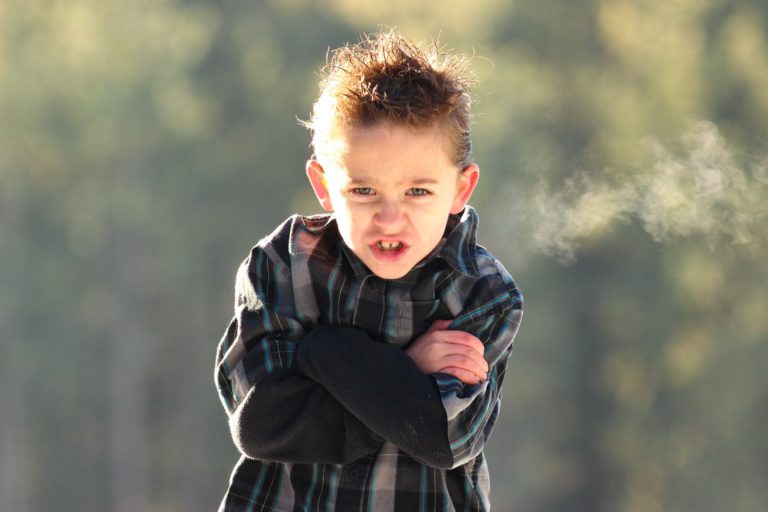Is corporal punishment considered abuse? The Simple Answer...


By Antoine G Larosiliere
As a parent and educator, I’ve seen and done things that has me wondering is corporal punishment consideered abuse?
There is no perfect way to teach an unruly student or to raise a difficult child. Many of us educators as well as parents have had our challenges in trying to instill discipline and growth in our classrooms and in our homes. We’ve all done things that we wish we could take back, but it’s important to try to minimize those mistakes when our children’s well -being is at stake. If you’re an educator or parent, and you’ve wondered is corporal punishment considered abuse; here is the answer that I was looking for and the one that will give you some clarity.
Corporal punishment is considered abuse when the child is physically injured, bruised, requires medical attention due to an inapropriate punishment or fear that was instilled. This is due to the caretaker losing control, crossing unhealthy boundaries or placing unreasonable demands or expectations on the child.
What is corporal punishment?
According to the UN Committee, corporal punishment is “any punishment in which physical force is used and intended to cause some degree of pain or discomfort, however light.” There are two types; domestic corporal punishment is when the children are punished by the parents or guardians. School corporal punishment is when students are punished by either teachers, school administrators or staff members.
“So, if the method is not shaping behavior, just imposing control; it’s not discipline.”
Is corporal punishment similar to discipline?
According to the Collins Dictionary, discipline is the practice of making people obey rules or standards of behavior, and punishing them when they do not. The root word in discipline is “disciple,” and it means to teach or guide someone. It appears the Collins Dictionary definition sounds similar to corporal punishment. Disciplining isn’t and shouldn’t be similar to corporal punishment, because the focus of discipline is teaching not making people obey. To properly instill discipline, one must.
- Modifying the behavior.
- Set clear consequences that are appropriate.
- Develop someone’s character.
- Protect their mental and physical health.
So, if the method is not shaping behavior, just imposing control; it’s not discipline. If the method feels like punishment not development it’s not discipline, it’s something else. That something else is likely corporal punishment.

Is corporal punishment abuse?
According to the Gale Encyclopaedia of Medicine, abuse is any action that intentionally harms or injures another person. There are many forms and ways you can be abused by someone. You can be abused physically, psychologically, sexually, verbally, financially, spiritually, emotionally. Rape and elder abuse also falls into that category. Discipline can turn into abuse if a caretaker…
- physically injured, or bruises, someone else where they require medical attention.
- instills punishment that is meant to instill fear rather rather than teach.
- loses control and crosses unhealthy and dangerous boundaries.
- displays methods and actions that are inappropriate for the other person’s age.
- places unreasonable demands or expectations on the person.
Can you legally spank your kid?
According to the Gale Encyclopaedia of Medicine, abuse is any action that intentionally harms or injures another person. There are many forms and ways you can be abused by someone. You can be abused physically, psychologically, sexually, verbally, financially, spiritually, emotionally. Rape and elder abuse also falls into that category. Discipline can turn into abuse if a caretaker…
- physically injured, or bruises, someone else where they require medical attention.
- instills punishment that is meant to instill fear rather rather than teach.
- loses control and crosses unhealthy and dangerous boundaries.
- displays methods and actions that are inappropriate for the other person’s age.
- places unreasonable demands or expectations on the person.
Can you legally spank your kid?
Federal laws covering all 50 states allows corporal punishment including spanking of children. State to state laws on the other hand, legal definitions vary and are generally left to interpretation by police officers, a court judge or CPS authorities. Some states are very specific and explicit when illustrating which behavior is illegal and which behavior isn’t, while other states are vague in their language. The word that is mostly used in many of these state’s statutes is “reasonable.”

Can a teacher legally spank your kid?
Now that we’re in the year 2021, you would think that all the states are unified on such an archaic issue but they aren’t. A total of 31 states have made corporal punishment by a teacher illegal. On the other hand, 19 states have kept the practice legal. Once again the statues in each will vary, but the main constant in the differentiation of such discipline is the use of the word “reasonable.”
Which students receive corporal punishment more?
A report from Human Rights Watch and the ACLU (2009) found that school administrators sometimes instil corporal punishment to students with disabilities for behaviors that stem from their disability. Some of these behaviors include autism, tourette syndrome, or (OCD) obsessive compulsive disorder.
Black boys and black girs also receive corporal punishment disproportianately to white boys and white girls. According to a study, in southern states that administer corporal punishment; black boys and girls are 3 times more likely than white chilchren to receive it.

Instead of corporal punishment, try these strategies…
Discipline shouldn’t be about punishment, fear, or imposing your will or trying to control others. Discipline should be about teaching and guiding someone to be conscious of the situation and of their surrounding by controlling themselves. Therefore it’s paramount to use strategies that focus on learning and decision making. These strategies should include…
- Taking away specific privileges that they would hate to lose for at least a day. That will hurt more than a spanking will.
- Use time-out for a younger child in time-out.
- If the child refuses time-out, revert back to taking away a privilege.
- Employ restitution if the child’s behavior hurts someone else. Give them an extra chore, duty or project to help them fix the harm that was done.
- Implement conscientious consequences that teach life lessons.
- Use positive reinforcement strategies to encourage good behavior.
Surprisingly a huge portion of the United States is comfortable with corporal punishment being part of the fabric of America. According to polling data just roughly 8 in 10 black people and 7 in 10 white people favored corporal punishment. So, it doesn’t appear corporal punishment will be abolished completely in America anytime soon. Hopefully this article has been helpful. Also visit my YouTube channel for more insight to these topics.
The Bully Experience "Daniel's Story"

Sign up for our newsletter and Read the novel For Free!
Stay updated. Sign up for our newsletter, and get the first two chapters of The Bully Experience Daniel’s Story absolutely free.